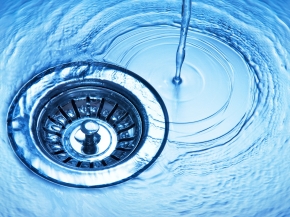Wastewater from Septic Systems

In 2006, researchers monitored—for the first time ever—hormone-disrupting chemicals in water passing from a septic system into the ground. The study looked at a typical septic system on Cape Cod, where septic systems serve more than 85 percent of residential and commercial properties. These findings showed that wastewater management decisions can impact drinking water quality by changing the levels and distribution of contaminant discharges into groundwater, and that these impacts should be considered when comparing approaches to manage nutrient loading into Cape groundwater.
The implications of our research extend beyond Cape Cod as one in every four Americans relies on septic systems for processing their wastewater. A sizeable portion of the residents in a number of states—including Delaware, Florida, Maryland, Massachusetts, New Jersey, and New York—also rely on private, shallow groundwater wells for their drinking water. With housing density increasing and lot sizes shrinking to accommodate population growth, so does the likelihood of household wastewater contaminating drinking water supplies. Our work will help inform best practices for wastewater management plans and steps that individuals can take to reduce contaminant levels in their wastewater.
Funded by
News & Updates
2017
Analysis highlights impact of wastewater management decisions on drinking water quality